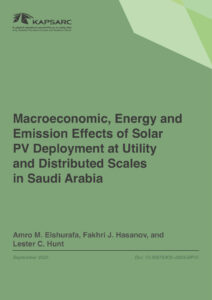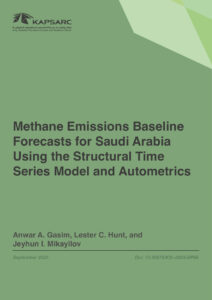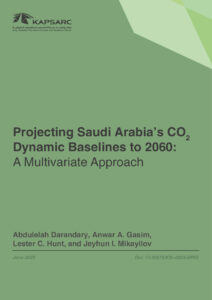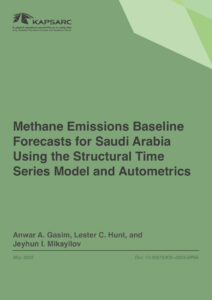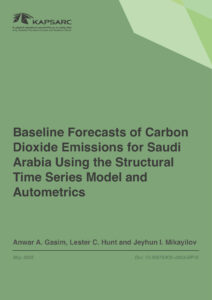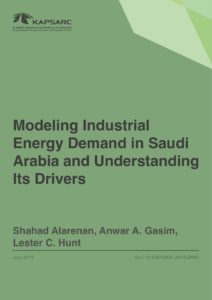Lester C. Hunt is a part-time Professor of Economics at the University of Portsmouth and a KAPSARC Visiting Researcher.
Lester previously worked at the Universities of Essex (1979-1980), Swansea (1980-1985 and 1987-1989), Surrey (1989-1991 and 1999-2017), and Portsmouth (1994-1998, and 2017 onwards). At Surrey he was Head of Economics (1999-2003) and Director of SEEC (2003-2015). At Portsmouth he was Head of Economics (1996 -1998) and Head of Economics and Finance (2017-2021).
In addition to working in higher education, Lester was an Economic Adviser in the forecasting division of HM Treasury (1985-1987), an Energy Analyst/Economist at Midlands Electricity (1991-1994) and a Senior Research Fellow at KAPSARC (2015-2017).
Lester holds a B.Sc. (Hons) in Economics with Econometrics from Loughborough University, an MA in Economics from the University of Essex, and a Ph.D. in Economics from the University of Surrey. He has been an Editor of The Energy Journal since 2006.

